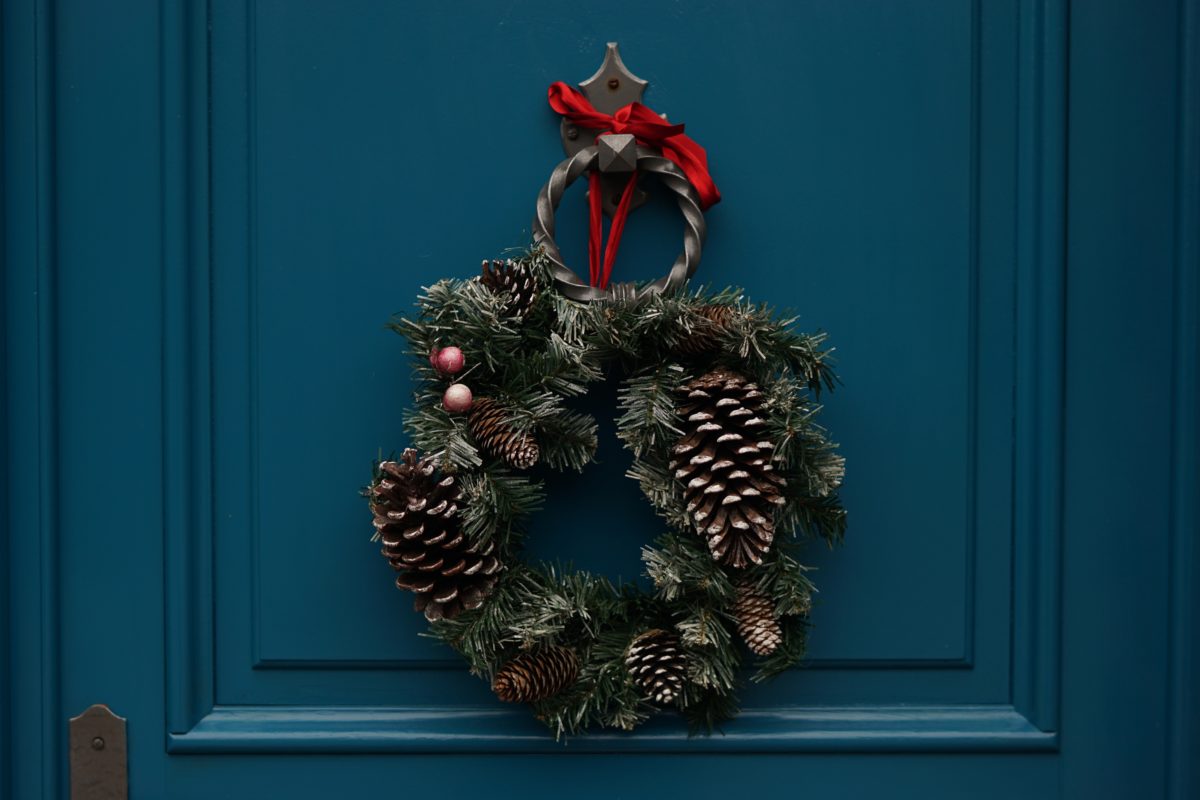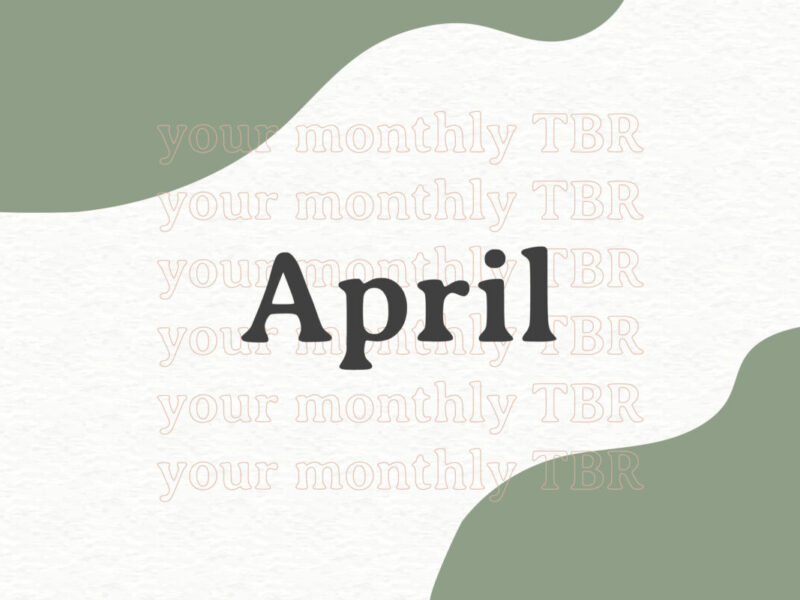You’ve scoured sales, found the perfect gifts for everyone on your list, and made those holiday plans. Now, the only thing left to do is soak in the full spirit of the season. When you think about getting into celebration mode, your favorite cozy winter traditions probably come to mind.
For me, these traditions include reading by the fireplace and refusing to change out of pajamas on Christmas day. While this lazy lounging might be too specific to inspire a poem, many classic moments—from devouring special food to decking the halls—have been depicted in stanza-form. Read on to see if poetry reflects your favorite memory.
If you love decorating, read “Sonnet in the Shape of a Potted Christmas Tree” by George Starbuck
Poems that take risks with form show the innovation and visual power that poetry has to offer, and Starbuck’s poem in the shape of a Christmas tree exemplifies this. Just as Starbuck has fun with form, his poem exudes playful, unusual language. He begins with, “O / fury-/ bedecked! / O glitter-torn! Let the wind erect / bonbonbonanzas; junipers affect / frostyfreeze turbans; iciclestuff adorn / all cuckolded creation in a madcap crown of horn!”
This unexpected approach to describing a Christmas tree lets readers reimagine a familiar image through a strange, new lens. And perhaps most whimsically, Starbuck tops the poem with an asterisk, a nod to the quintessential star on top of a tree.
Let Starbuck inspire you: Could you write a poem in the shape of a mitten, an ornament, a reindeer, or another holiday icon? How could this help readers see this simple and recognizable image in a new way?
If you love holiday foods, read “Chanukah Lights Tonight” by Steven Schneider
Food provides a compelling way to appreciate and understand a culture. In “Chanukah Lights Tonight,” Schneider takes pride in his Judaism and in the joyful festivity that Chanukah brings. He describes “latkes, kugels, and cherry blintzes,” “the smell of oil in the air,” and “cream soda and potato knishes.” These mouth-watering details allow readers to not only see the pile of sweets but also to taste it and to witness its preparation.
Though Schneider invokes traditional Hanukkah food, he also bemoans, “No delis in our neighborhood, / only the wind howling over the crushed corn stalks.” Yet this provides an opportunity to relish in self-replicated, passed down traditions and to a close-knit community: “Inside, we try to sweep the darkness out, / waiting for the Messiah to knock, / wanting to know if he can join the party.”
To learn from Schneider, think of your favorite holiday food and incorporate that into a poem.
If you love giving and receiving gifts, read “Ode to My Socks” by Pablo Neruda
There are few things better than receiving a gift that you really love, and one that’s packed full of meaning. In “Ode to My Socks,” Neruda elaborates on the magic of a handmade present: “two socks as soft / as rabbits. / I slipped my feet / into them / as though into / two / cases / knitted / with threads of / twilight / and goatskin.”
Reflect on holiday memories like Neruda by writing a poem about a favorite gift you’ve received or a present you’ve given to someone else.
If you love ice skating, read “Ice” by Gail Mazur
Despite wanting to glide beautifully on ice skates, I always fall on my face. Luckily, I can read Mazur’s poem for more idealistic and graceful imagery.
“At night, / a shy girl comes to the cove with her father,” Mazur writes. “Although there isn’t any music, they glide / arm in arm onto the blurred surface together, / braced like dancers. She thinks she’ll never / be so happy, for who else will find her graceful, / find her perfect, skate with her / in circles outside the emptied rink forever?”
As readers quickly recognize, Mazur’s poem is not only stunning because of its ice skating theme, but because of the emotions and the relationship it represents. Think back to a holiday memory with a distinct setting for a similar writing exercise.
Hopefully, poetry becomes a new favorite holiday tradition—one that can extend the season’s excitement and offer time for reflection. Happy celebrating!




